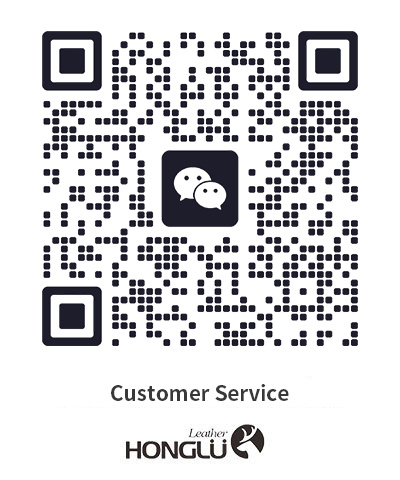17
2025
-
07
The Eco-Friendly Revolution: Understanding Recycled PU Leather
Recycled PU leather, a synthetic alternative to traditional leather, is gaining traction in the textile and leather industries due to its eco-friendly attributes. This material is made from post-consumer waste, such as discarded polyurethane products, which are reprocessed to create a leather-like fabric. The production of recycled PU leather not only reduces landfill waste but also minimizes the
Recycled PU leather, a synthetic alternative to traditional leather, is gaining traction in the textile and leather industries due to its eco-friendly attributes. This material is made from post-consumer waste, such as discarded polyurethane products, which are reprocessed to create a leather-like fabric. The production of recycled PU leather not only reduces landfill waste but also minimizes the reliance on virgin resources, making it a sustainable choice for manufacturers and consumers alike.
One of the most significant advantages of recycled PU leather is its lower environmental impact compared to traditional leather. The tanning process of conventional leather often involves harmful chemicals and extensive water usage, contributing to pollution and resource depletion. In contrast, the production of recycled PU leather typically employs less water and fewer toxic substances, making it a cleaner alternative. Moreover, by utilizing waste materials, this innovative fabric helps promote a circular economy, encouraging recycling and reducing the overall carbon footprint of the textile industry.
In terms of durability and versatility, recycled PU leather offers properties similar to that of traditional leather. It is resistant to wear and tear, making it suitable for various applications, including fashion, upholstery, and automotive interiors. Additionally, it is available in a wide range of colors, textures, and finishes, providing designers with endless creative possibilities. This adaptability ensures that recycled PU leather can meet the aesthetic and functional demands of modern consumers while remaining environmentally responsible.
The market for recycled materials is steadily growing as consumers become more aware of sustainability issues. Many brands are now incorporating recycled PU leather into their product lines, aligning with the increasing demand for eco-friendly alternatives. This shift not only enhances brand reputation but also attracts a conscientious customer base that values sustainability in their purchasing decisions.
However, it is essential to note that while recycled PU leather presents numerous benefits, it is still crucial for consumers and manufacturers to research the sourcing and production practices of the materials they choose. Transparency in the supply chain can help ensure that recycled PU leather products are genuinely eco-friendly and ethically produced.
In conclusion, recycled PU leather is an exciting development within the textile and leather industries, representing a significant step towards more sustainable practices. Its production not only helps reduce waste and environmental damage but also offers a durable and versatile material for various applications. As awareness of sustainability grows, recycled PU leather is poised to play a vital role in shaping the future of eco-conscious fashion and design.
One of the most significant advantages of recycled PU leather is its lower environmental impact compared to traditional leather. The tanning process of conventional leather often involves harmful chemicals and extensive water usage, contributing to pollution and resource depletion. In contrast, the production of recycled PU leather typically employs less water and fewer toxic substances, making it a cleaner alternative. Moreover, by utilizing waste materials, this innovative fabric helps promote a circular economy, encouraging recycling and reducing the overall carbon footprint of the textile industry.
In terms of durability and versatility, recycled PU leather offers properties similar to that of traditional leather. It is resistant to wear and tear, making it suitable for various applications, including fashion, upholstery, and automotive interiors. Additionally, it is available in a wide range of colors, textures, and finishes, providing designers with endless creative possibilities. This adaptability ensures that recycled PU leather can meet the aesthetic and functional demands of modern consumers while remaining environmentally responsible.
The market for recycled materials is steadily growing as consumers become more aware of sustainability issues. Many brands are now incorporating recycled PU leather into their product lines, aligning with the increasing demand for eco-friendly alternatives. This shift not only enhances brand reputation but also attracts a conscientious customer base that values sustainability in their purchasing decisions.
However, it is essential to note that while recycled PU leather presents numerous benefits, it is still crucial for consumers and manufacturers to research the sourcing and production practices of the materials they choose. Transparency in the supply chain can help ensure that recycled PU leather products are genuinely eco-friendly and ethically produced.
In conclusion, recycled PU leather is an exciting development within the textile and leather industries, representing a significant step towards more sustainable practices. Its production not only helps reduce waste and environmental damage but also offers a durable and versatile material for various applications. As awareness of sustainability grows, recycled PU leather is poised to play a vital role in shaping the future of eco-conscious fashion and design.
Related news
undefined






